The second Ministerial to Advance Religious Freedom will be held in Washington on July 16-18. The Ministerial will reaffirm international commitments to promote religious freedom for all and focus on concrete outcomes that produce durable, positive change. A broad range of stakeholders, including senior government representatives, international organization representatives, religious leaders, and civil society activists will convene to discuss challenges, identify concrete ways to combat religious persecution and discrimination, and ensure greater respect for freedom of religion or belief. This year’s Ministerial seeks to further conversations from last year’s event and recent regional conferences. We expect participation of up to 1000 civil society and religious community representatives, representing every corner of the world.
Day One – Expanding the Conversation on Religious Freedom: On July 16, we will convene civil society, religious leaders and government officials to discuss the opportunities and challenges for promoting and defending religious freedom globally. Through a series of plenary sessions, participants will discuss the necessary building blocks and emerging trends in advancing religious freedom, as well as how religious freedom, international development and humanitarian aid can work together to advance mutual interests.
Day Two – Deep Dive: On July 17, we will host three separate, concurrent discussions for the attendees of Day One to unpack ideas generated during Day One. These sessions will be hosted in three different venues within and in the immediate vicinity of the Harry S. Truman Building to allow for more focused discussions and a greater number of breakout sessions. We will invite topical experts, civil society actors, religious leaders, academics and working-level government officials to discuss topics such as best practices for religious freedom advocacy; limitations in forming, registering and recognizing religious communities; challenges facing religious minorities; combatting the rise of anti-Semitism and anti-Islamic behavior; and countering violent extremism; religious freedom and national security; religious freedom and economic development; cultural heritage protection for religious sites; religious minorities and humanitarian crises; international development aid and religious freedom; and mobilizing faith leaders around peace and development goals.
Day Three – Government Action: On July 18, senior government and international organization representatives will participate in plenary sessions focused on: identifying global challenges to religious freedom; developing innovative responses to persecution on the basis of religion; and sharing new commitments to protect religious freedom for all. Invitations will be extended to likeminded governments that have a demonstrated record of advancing religious freedom and are committed to promoting Article 18 of the Universal Declaration of Human Rights, or governments that have taken significant and meaningful steps to do so. Survivors or close relatives of those who suffered persecution due to their religion or beliefs will share their stories. Government delegations will be encouraged to announce new actions and commitments they will take to protect and promote freedom of religion or belief.
